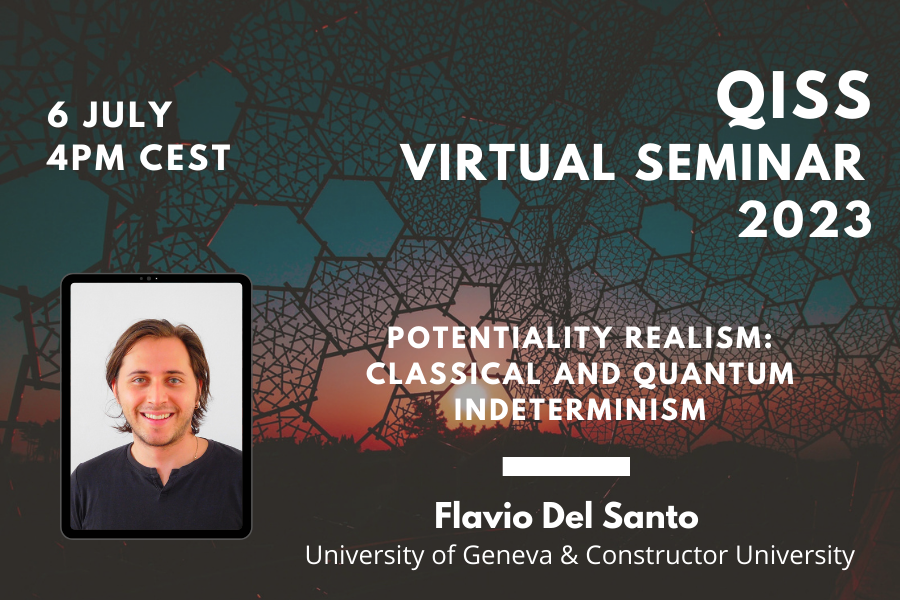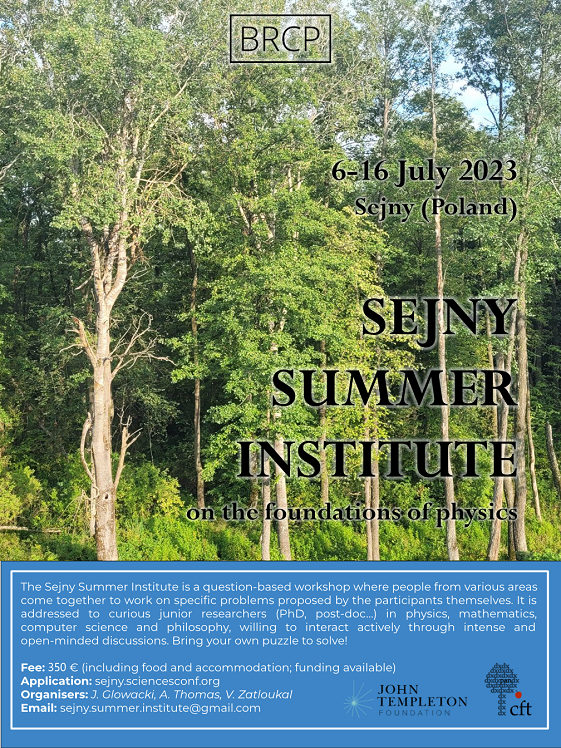Flavio Del Santo
University of Geneva & Constructor UniversityPotentiality realism: Classical and quantum indeterminism
We will discuss an interpretation of physics named “potentiality realism”. This view, which can be applied to classical as well as to quantum physics, regards potentialities (i.e. intrinsic, objective propensities for individual events to obtain) as elements of reality, thereby complementing the actual values taken by physical variables. This allows one to naturally reconcile realism …

